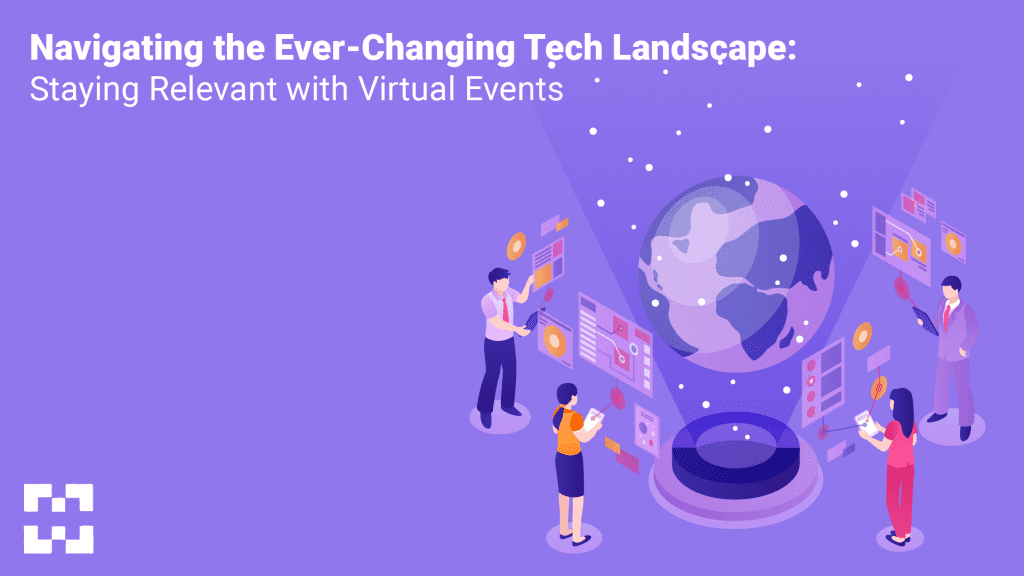
In today’s fast-paced world, where technological advancements occur at an unprecedented rate, staying relevant is not just a goal—it’s a necessity. The realm of virtual events has become a cornerstone in connecting people, fostering innovation, and driving change. As we navigate through the ever-changing yearly trends in technology, it’s crucial to adapt and embrace new tools and strategies to remain at the forefront of the virtual event landscape.
Embrace Immersive Technologies
With each passing year, immersive technologies such as virtual reality (VR) and augmented reality (AR) are becoming increasingly accessible. Integrating these technologies into your virtual events can elevate the participant experience to new heights. Imagine hosting a conference where attendees can explore a virtual expo hall, engage in interactive product demos, or even network in a virtual environment that mirrors a real-life setting. Embracing immersive technologies not only sets your virtual events apart but also demonstrates a commitment to innovation.
Harness the Power of Artificial Intelligence
Artificial intelligence (AI) is a game-changer in the world of virtual events. From personalized content recommendations to chatbots that enhance attendee engagement, AI can significantly improve the overall event experience. Incorporating AI-driven features can streamline event management processes, provide valuable insights through data analytics, and ensure a seamless and personalized experience for participants. As yearly trends evolve, keeping an eye on emerging AI applications can give your virtual events a competitive edge.
Prioritize Interactivity and Engagement
One of the key challenges in virtual events is maintaining participant engagement. To address this, prioritize interactive elements that keep attendees actively involved. Incorporate live polls, Q&A sessions, and virtual networking opportunities to foster meaningful connections. Leverage gamification to add an element of fun and competition, encouraging participants to stay engaged throughout the event. As technology trends evolve, staying attuned to new ways of enhancing interactivity will be essential in delivering memorable virtual experiences.
Stay Agile with Hybrid Events
The line between physical and virtual events continues to blur, giving rise to the concept of hybrid events. As technology trends shift, embracing a hybrid approach ensures adaptability and inclusivity. Provide options for both in-person and virtual attendance, allowing participants to choose the mode that best suits their preferences and circumstances. This flexibility not only caters to a diverse audience but also future-proofs your events against changing technological landscapes.
Leverage Social Media and Influencer Marketing
In the age of social media dominance, leveraging platforms like LinkedIn, Twitter, and Instagram is crucial for promoting and amplifying your virtual events. Partnering with influencers in your industry can significantly boost visibility and credibility. Keep an eye on emerging social media trends and adapt your promotional strategies accordingly. Engaging with your audience on these platforms not only expands your reach but also creates a sense of community around your virtual events.
Invest in Cybersecurity Measures
As technology evolves, so do cybersecurity threats. Protecting sensitive data and ensuring the privacy of participants should be a top priority. Stay informed about the latest cybersecurity trends and invest in robust security measures for your virtual events. This not only safeguards your reputation but also builds trust among attendees.
In conclusion, the key to staying relevant in the ever-changing landscape of virtual events lies in a proactive approach. Embrace emerging technologies, prioritize engagement, and remain adaptable to the evolving needs of your audience. By staying ahead of the curve, you not only ensure the success of your virtual events but also contribute to shaping the future of the tech-driven event industry.





